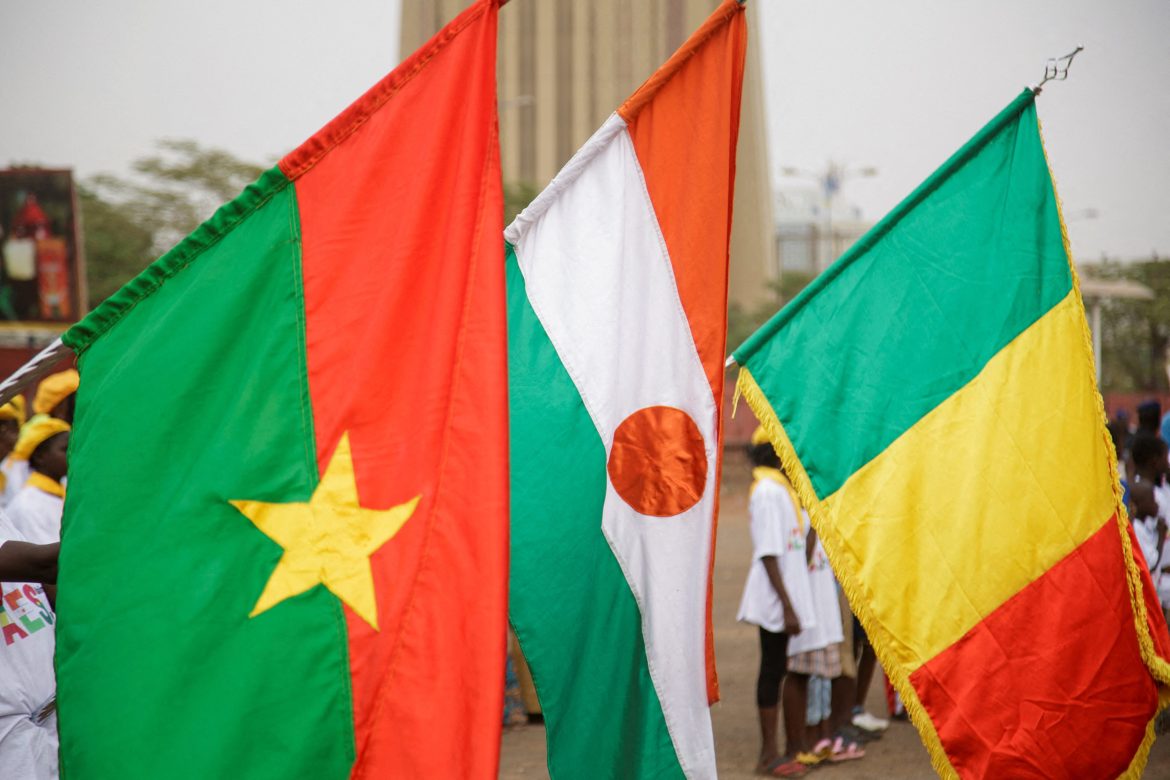Mali’s President Assimi Goïta has finally received the long-awaited Charter for Peace and National Reconciliation, a document expected to guide the country toward peace and unity. But even before the document is adopted, many Malians are already expressing concerns about whether it will bring real change.
The official handover took place on Tuesday, July 22, 2025, at the Bamako International Conference Center (CICB), nearly four months after the original deadline. The peace charter was expected in March this year but got delayed due to what officials called “inclusive consultations.”
The handover ceremony was attended by top government officials, traditional and religious leaders, elected representatives, civil society groups, and members of the international community. The president of the drafting commission said the delay was necessary to make sure the document truly represented the voices of all Malians—from rural communities to people in the diaspora.
“This is not just another government plan,” he said. “It is a roadmap for peace created by Malians, for Malians.”
The charter comes after the military-led government of Mali, under General Assimi Goïta, officially cancelled the 2015 Algiers Peace Agreement in January 2024. That agreement, which was signed between the Malian government and armed rebel groups, was brokered by international mediators, including Algeria and the United Nations. But many in Mali felt it failed to bring lasting peace and did not include enough local input.
With that deal now scrapped, the new Charter for Peace and Reconciliation is meant to be a fully Malian-led initiative to solve the country’s long-standing issues.
The document is large and detailed—it has 16 sections, 39 chapters, and 106 articles. It touches on many important areas, including:
- Conflict resolution at the community level
- Justice and support for victims of violence
- Reintegration of former fighters
- Development of remote and neglected regions
- Strengthening national unity and respect for Mali’s sovereignty
Government officials say the charter shows that Malians are ready to “take back control of their destiny” and stop relying on outside forces for solutions.
Prime Minister Choguel Maïga, who spoke at the event, called the charter a “rendezvous with sovereignty.” He said it shows Mali’s commitment to a new path led by its own people.
But despite the celebration, not everyone is convinced the document will solve the problems on the ground. Critics have pointed out that:
- There is no clear plan or timeline for when the charter will be adopted or implemented
- The government has not said if the charter will become law through a parliamentary vote, a presidential decree, or a referendum
- The country is still facing major challenges, including terrorist attacks, renewed fighting in the north, political unrest, and the banning of political parties
Already, some rebel groups have resumed fighting, accusing the government of ignoring previous commitments. At the same time, insecurity continues to grow in many parts of the country, especially in the north and central regions.
Some people on social media and in the press are asking whether the charter will just remain another symbolic document without real action.
“We’ve seen too many fine words and not enough results,” one Bamako resident told local media. “We want peace we can feel—not just peace on paper.”
The commission that drafted the charter is urging the government to keep the same inclusive approach going forward. It said the charter must not be a document that just sits in government offices, but a living tool to rebuild trust and unity in the country.
They also suggested that a national vote may be the best way to adopt the charter—possibly before the end of the year. This, they believe, would help make the process more democratic and give citizens a sense of ownership.
As President Goïta received the document, he praised the efforts of the commission, calling the charter “an essential tool to rebuild the foundations of national cohesion.” He said the work done so far was “exemplary” and promised that the government would take the next steps to bring the charter to life.
Now, Malians are watching closely to see if this new charter will bring the peace and unity it promises—or if it will become another chapter in the country’s long struggle for stability.
